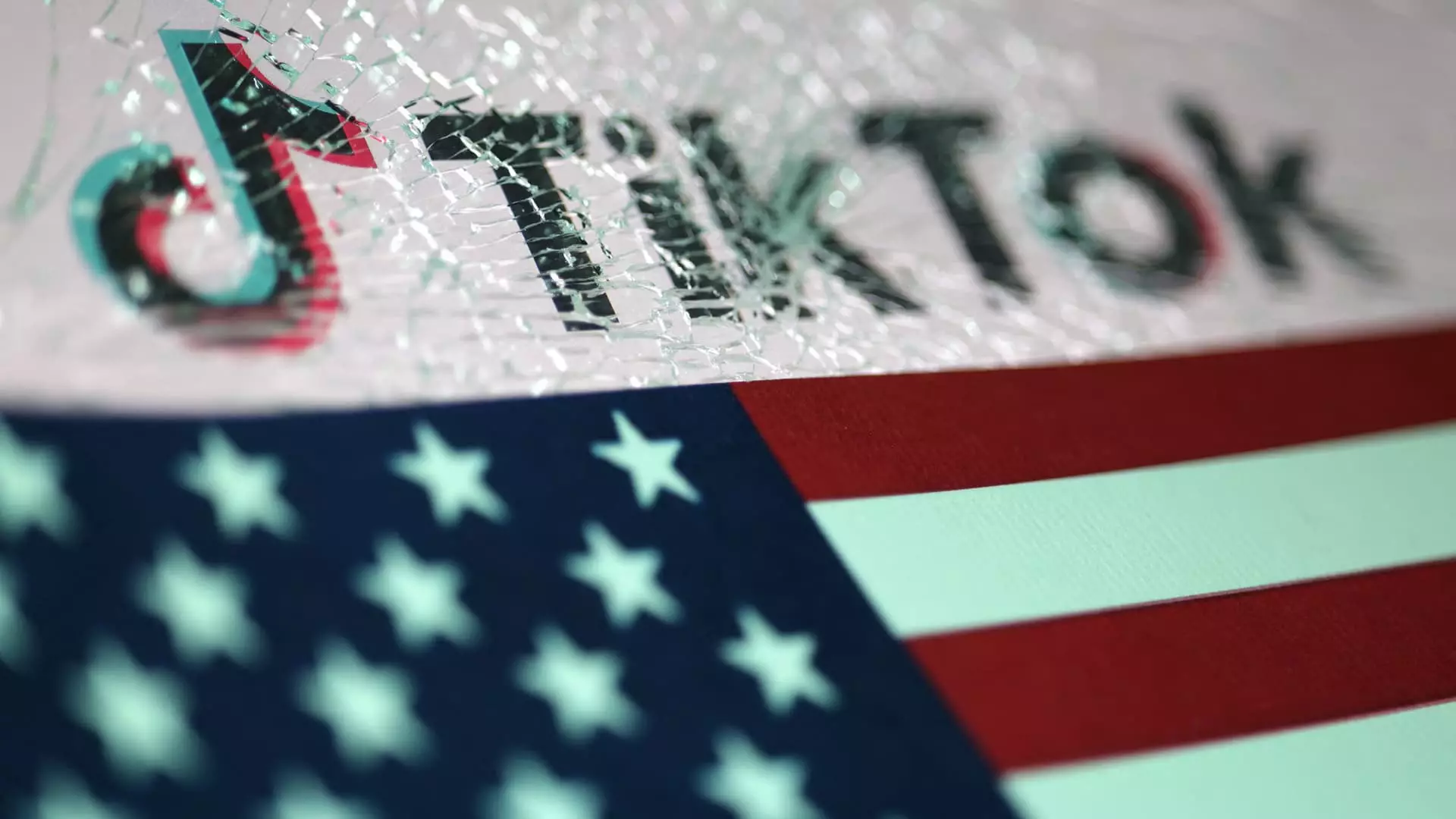The recent turbulence surrounding TikTok in the United States epitomizes the challenges faced by social media platforms caught in geopolitical crosshairs. With President-elect Donald Trump’s impending executive order poised to delay a federal ban on the app, the situation reflects a complex intersection of technology, commerce, and national security. TikTok’s ongoing availability, despite the looming threat of restrictions, raises essential questions about the app’s future and its relationship with the American market.
President Trump’s assertion that he would sign an executive order to extend the TikTok operation period offers a temporary reprieve for the platform. On his social media platform, Truth Social, Trump urged service providers to keep the app active, which seemingly intensified pressure on federal regulators to rethink their approaches. This move, framed as a protection of free speech rights, speaks to the broader implications of political intervention in technology and its potential effects on freedom of expression among American users.
In an attempt to reassure its American user base, TikTok communicated its commitment to restoring access to the app in the U.S. The company stated that it had been working closely with its service providers to resume its services, emphasizing a commitment to not only individual users but also to the flourishing of small businesses that rely on the app. This acknowledgment underscores TikTok’s understanding of its place within the American economic ecosystem, where millions use the platform for both entertainment and entrepreneurship.
Compounding the situation, the recent ruling by the Supreme Court to maintain a strict ban on TikTok, which is owned by the Chinese company ByteDance, raises significant legal and operational challenges. The court’s decision not only intensified the pressure on TikTok and its users but also established a precedent for government influence over digital platforms deemed risky to national security. It highlights the delicate balance the U.S. government must strike between safeguarding information and protecting consumer rights.
ByteDance’s Stance and the Path Ahead
Despite Trump’s suggestions for a potential partnership to establish a U.S. ownership stake in TikTok, ByteDance has steadfastly refused to entertain the prospect of divestiture. This resistance complicates any potential for long-term resolution and cast a shadow over TikTok’s strategic initiatives in the U.S. While Trump’s government expresses a desire for oversight, TikTok must navigate evolving regulatory challenges while maintaining user trust and operational efficacy.
As TikTok continues to straddle the line between compliance and innovation, its uncertain future reflects broader tensions surrounding data privacy, national security, and corporate governance. With a divided political landscape influencing tech policy, the platform’s fate remains precarious. The ongoing saga serves as a stark reminder of the regulatory challenges that modern digital platforms face amidst evolving public sentiments and governmental scrutiny. The interplay of these factors will undoubtedly shape TikTok’s trajectory in the coming months.

